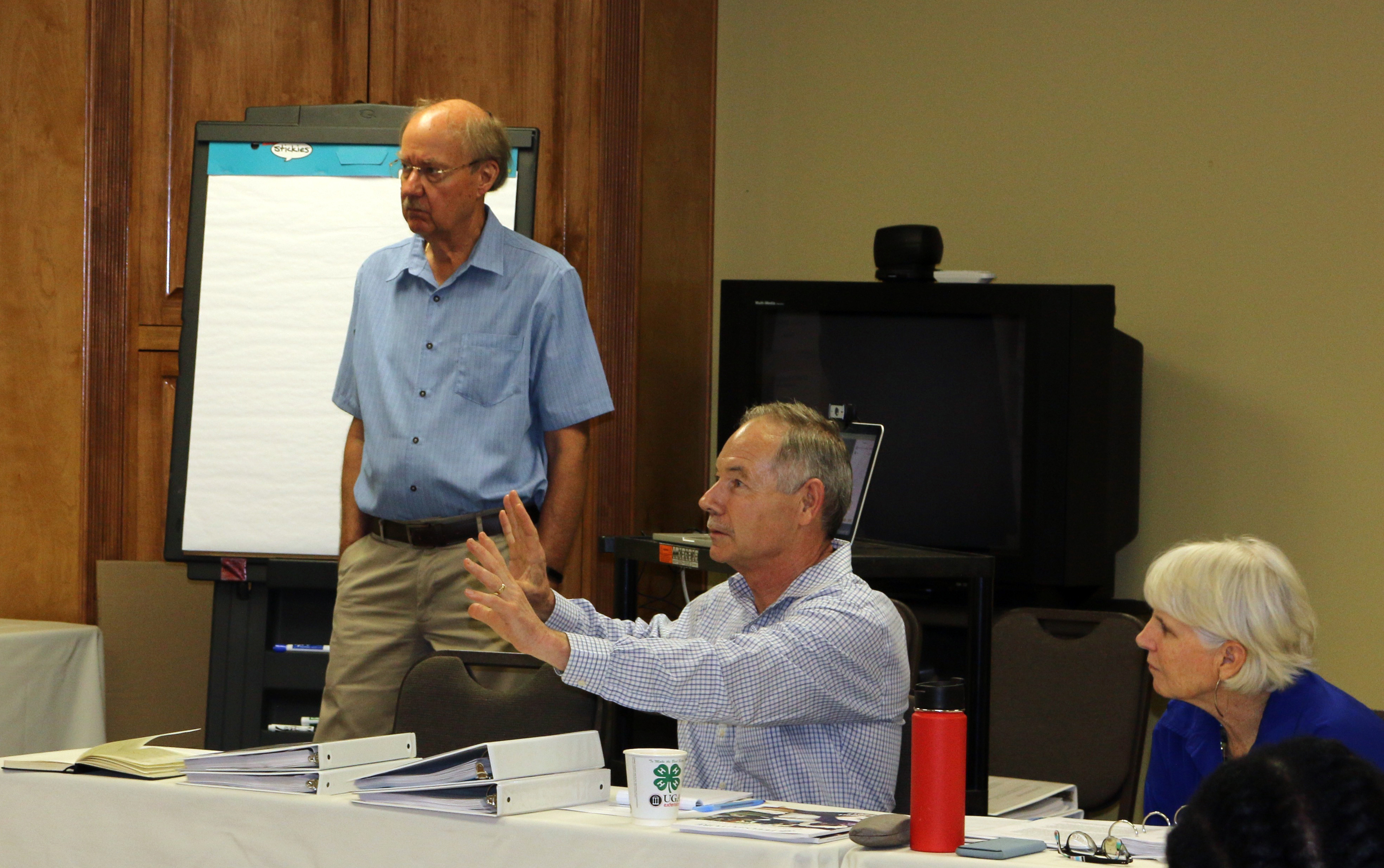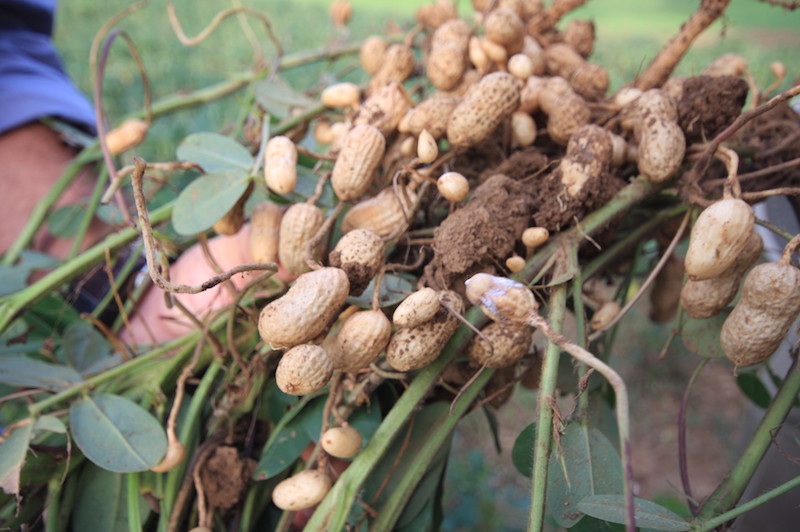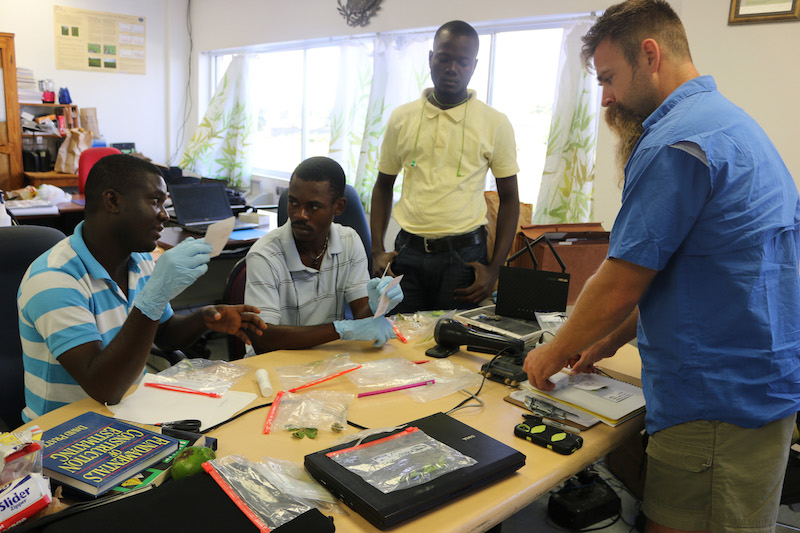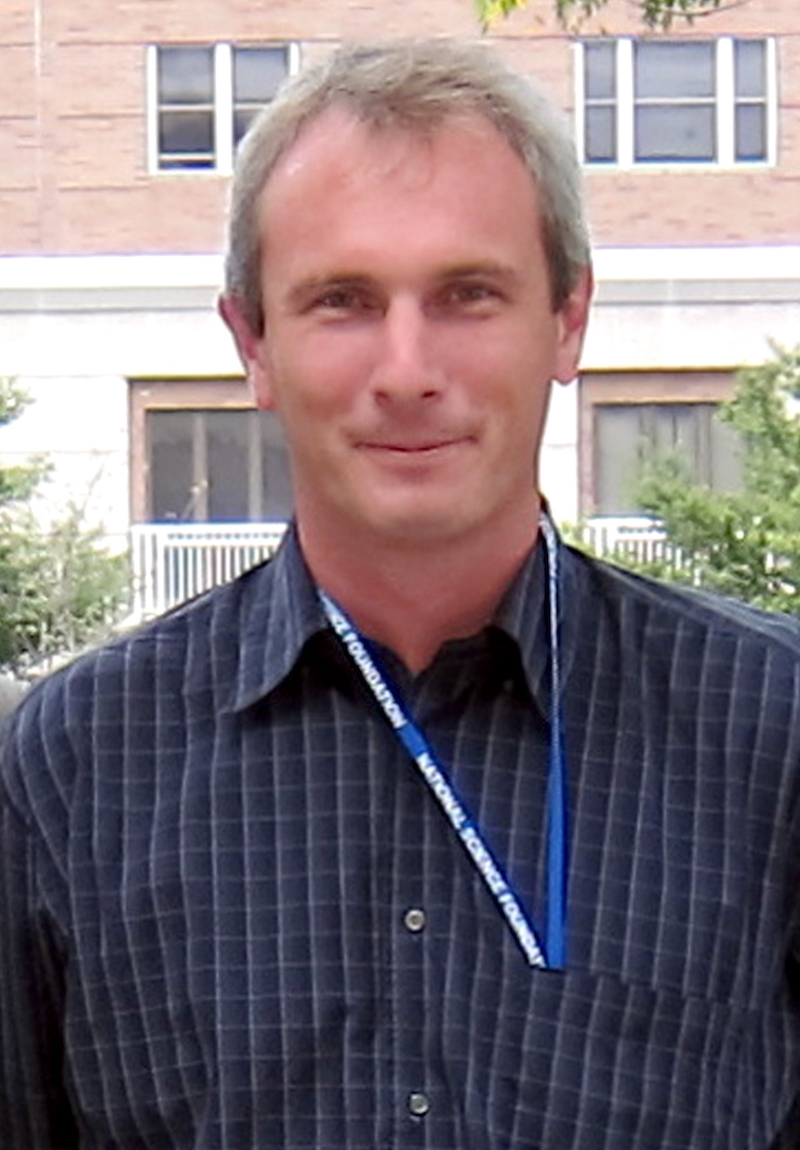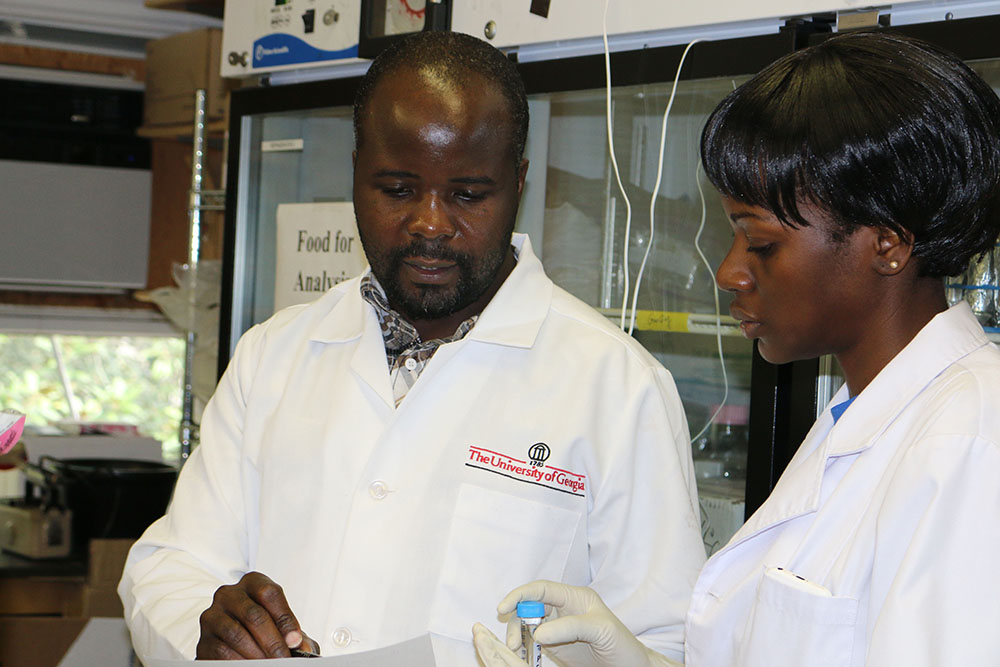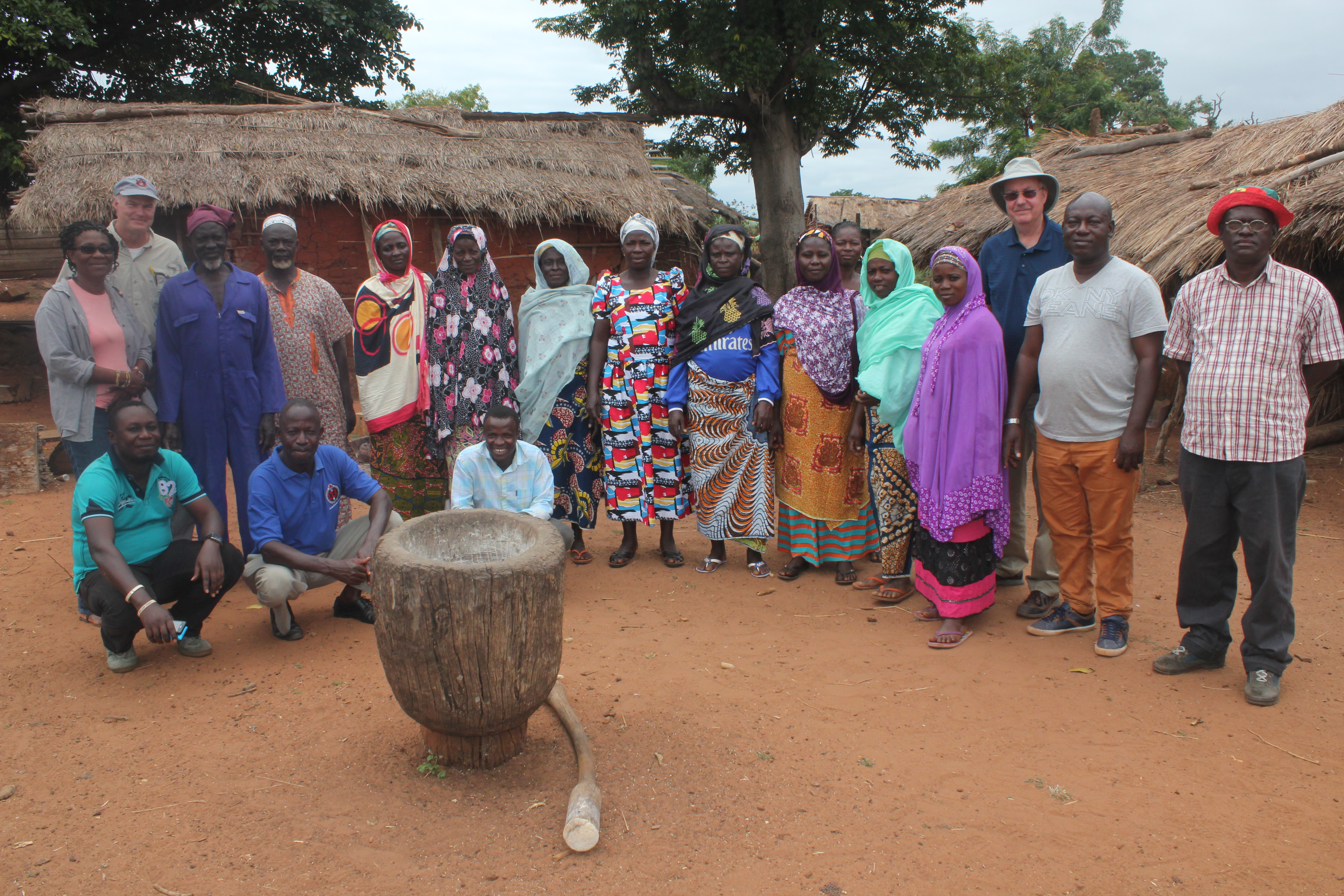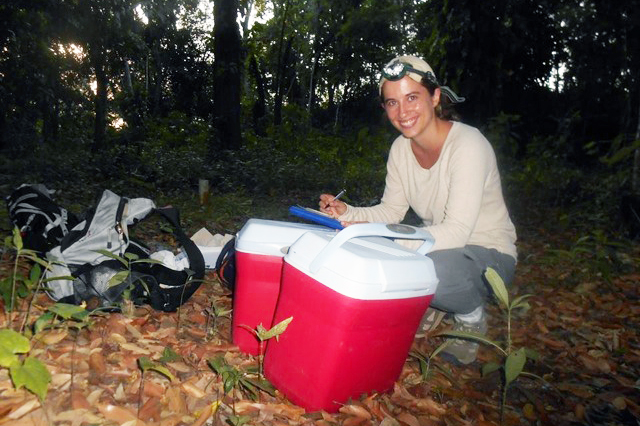Peanut Breeders Meeting
Collaborators in two of the Peanut Innovation Lab’s first projects met this month in Uganda to kick off work to strengthen a promising coalition of peanut breeders working together across the continent. The Feed the Future Innovation Lab for Peanut is a research program funded by the U.S. Agency for International Development and managed by the University of Georgia's College of Agricultural and Environmental Sciences.

